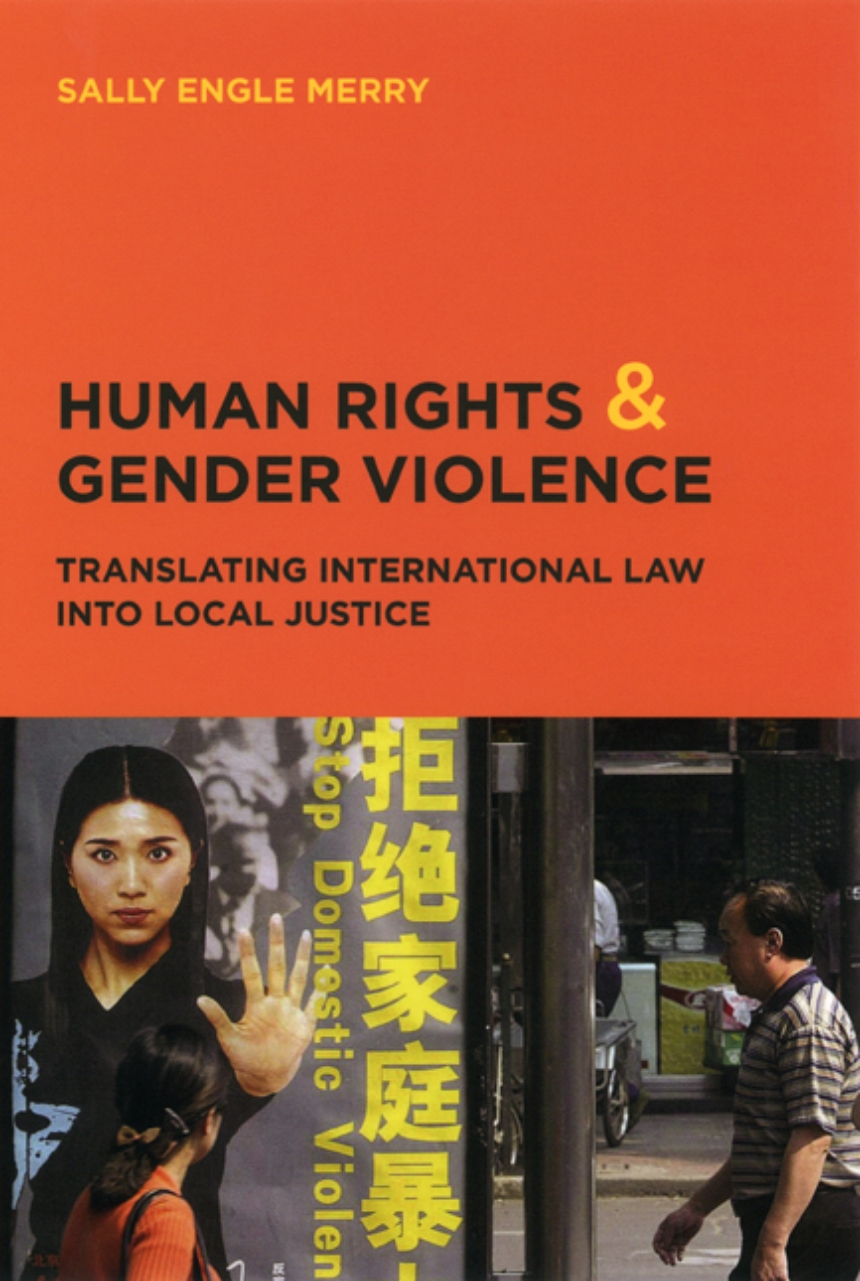Human Rights and Gender Violence
Translating International Law into Local Justice
9780226520742
9780226520759
Human Rights and Gender Violence
Translating International Law into Local Justice
Human rights law and the legal protection of women from violence are still fairly new concepts. As a result, substantial discrepancies exist between what is decided in the halls of the United Nations and what women experience on a daily basis in their communities. Human Rights and Gender Violence is an ambitious study that investigates the tensions between global law and local justice.
As an observer of UN diplomatic negotiations as well as the workings of grassroots feminist organizations in several countries, Sally Engle Merry offers an insider’s perspective on how human rights law holds authorities accountable for the protection of citizens even while reinforcing and expanding state power. Providing legal and anthropological perspectives, Merry contends that human rights law must be framed in local terms to be accepted and effective in altering existing social hierarchies. Gender violence in particular, she argues, is rooted in deep cultural and religious beliefs, so change is often vehemently resisted by the communities perpetrating the acts of aggression.
A much-needed exploration of how local cultures appropriate and enact international human rights law, this book will be of enormous value to students of gender studies and anthropology alike.
As an observer of UN diplomatic negotiations as well as the workings of grassroots feminist organizations in several countries, Sally Engle Merry offers an insider’s perspective on how human rights law holds authorities accountable for the protection of citizens even while reinforcing and expanding state power. Providing legal and anthropological perspectives, Merry contends that human rights law must be framed in local terms to be accepted and effective in altering existing social hierarchies. Gender violence in particular, she argues, is rooted in deep cultural and religious beliefs, so change is often vehemently resisted by the communities perpetrating the acts of aggression.
A much-needed exploration of how local cultures appropriate and enact international human rights law, this book will be of enormous value to students of gender studies and anthropology alike.
264 pages | 6 x 9 | © 2005
Chicago Series in Law and Society
Anthropology: Cultural and Social Anthropology
Asian Studies: East Asia
Law and Legal Studies: International Law, Law and Society
Women's Studies:
Reviews
Table of Contents
Acknowledgments
1. Introduction: Culture and Transnationalism
2. Creating Human Rights
3. Gender Violence and the CEDAW Process
4. Disjunctures between Global Law and Local Justice
5. Legal Transplants and Cultural Translation: Making Human Rights in the Vernacular
6. Localizing Human Rights and Rights Consciousness
7. Conclusions
Notes
References
Index
1. Introduction: Culture and Transnationalism
2. Creating Human Rights
3. Gender Violence and the CEDAW Process
4. Disjunctures between Global Law and Local Justice
5. Legal Transplants and Cultural Translation: Making Human Rights in the Vernacular
6. Localizing Human Rights and Rights Consciousness
7. Conclusions
Notes
References
Index
